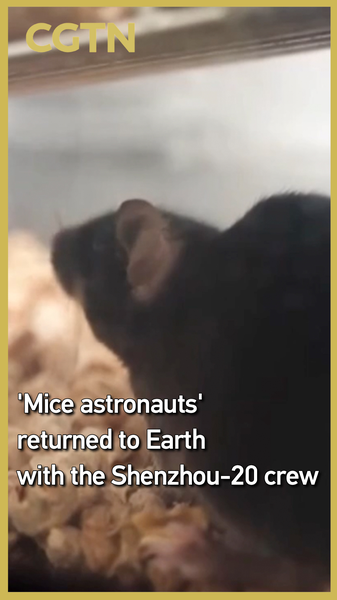On Friday, November 14, 2025, China's Shenzhou-20 crew touched down from the Tiangong space station—and they brought back some special stowaways: mice astronauts 🐭🚀.
These little explorers had launched on October 31 and spent nearly 14 days orbiting Earth—almost double their original week-long stay. Why mice? They help scientists understand how living creatures adapt to microgravity.
Back on Earth, researchers dove into:
- Behavior checks: Tracking how zero-g life affects movement and social interactions.
- Physiological tests: Measuring bone density, muscle strength, and other health markers.
- Biochemical analysis: Examining blood samples for shifts in hormones and cell activity.
This on-site research lays the groundwork for larger mammal experiments in orbit, a key step toward long-term human space missions. The capsule also carried other life-science and combustion experiment samples, making it a treasure trove for science buffs!
Whether you're a future astronaut (looking at you, 2025 grads!) or just love space vibes, these rodent rocketeers remind us that tiny steps in research can lead to giant leaps for humanity 🌌.
Stay tuned for more updates on how space science is reshaping life on Earth—and beyond!
Reference(s):
cgtn.com




